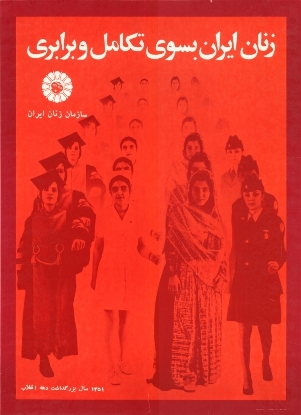Index relies entirely on the support of donors and readers to do its work.
Help us keep amplifying censored voices today.
Ali Pour Soleiman, a blogger and teacher was arrested in Iran last week according to HRANA, the human rights activists news agency. He was a member of the Teacher’s Association wrote for Sokhane Molem a teacher’s blog. The charges he faces are unclear.
Iranian activist, Haleh Sahabi, 56, died yesterday (1 June) after a scuffle with Iranian security personnel during her father’s funeral procession. Sahabi died in hospital after apparently suffering a heart attack. The regime tightly controls opposition funerals to ensure they do not become a catalyst for protests. Sahabi was a women’s rights activist, and government opponent like her father, Ezatollah Sahabi, 81, who founded one of Iran’s first independent papers, Iran-é-Farda. She was sentenced to a two year prison term for protesting during President Mahmoud Ahmadinejad’s swearing-in ceremony in August 2009. Sahabi was released on furlough from jail to attend to her ailing father.
Iranian journalist Nazanin Khosravani was sentenced to six years in jail on 19 April after being convicted of impinging on national security and conducting propaganda against the regime. She was arrested in November 2009 and had her computer and personal belongings confiscated. She was later released on a $600,000 bail last March. Activists argue that her sentence is part of a general crackdown against journalists who were highly critical of the government in the 2009 presidential elections.
A sense of a time that slipped between our fingers, or a consciousness, of a strength retained and a power that it is still within our grasp…one feeling evolved into the other watching this historic clip (Facebook) from 1979 on the first day of a five-day demonstration by women in Iran against the imposition of the veil and the reversal of their rights.
 Women gained the right to vote in 1963 as part of the Shah’s White Revolution. Ten years later posters like this (left) campaigned for the mobilisation of women and encouraged their multi-dimensional role in society. The story of the egalitarian and populist approach of the Women’s Organisation of Iran with Mahnaz Afkhami as Secretary General and the achievements of that pivotal time is essential (and engaging) reading.
Women gained the right to vote in 1963 as part of the Shah’s White Revolution. Ten years later posters like this (left) campaigned for the mobilisation of women and encouraged their multi-dimensional role in society. The story of the egalitarian and populist approach of the Women’s Organisation of Iran with Mahnaz Afkhami as Secretary General and the achievements of that pivotal time is essential (and engaging) reading.
When in January 1976, Afkhami was appointed Minister of State for Women’s Affairs, Iran became the second country after France to have such a ministry.
The Family Protection Law of 1975 provided new rights for women, including improved divorce and custody rights and reduced polygamy. Legislation passed by the new Ministry included equal rights to divorce, raising the minimum age of marriage for girls and supporting women’s employment with maternity leave and childcare provision. The first movement against honor killing in the region also began in Iran in the early 1970s.
This footage from those five days of protest in 1979 is even more engaging; watch the nurses participating from the hospital balconies. “We didn’t make a revolution for regression” the women shout as the clip ends. Thirty years on their demands for freedom are more basic. I stand with women throughout Iran in their demonstrations today.